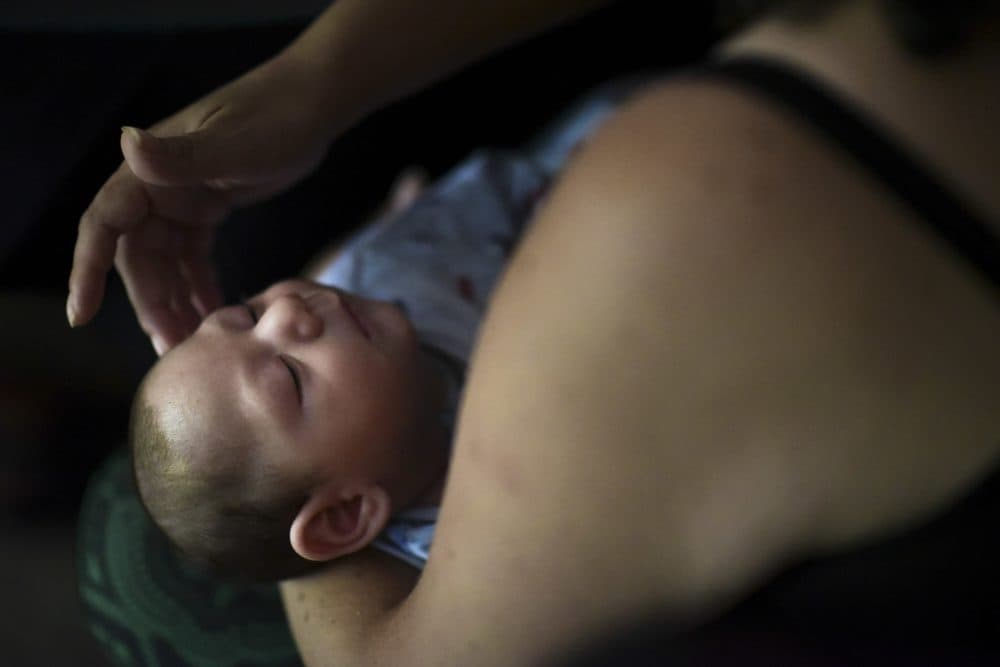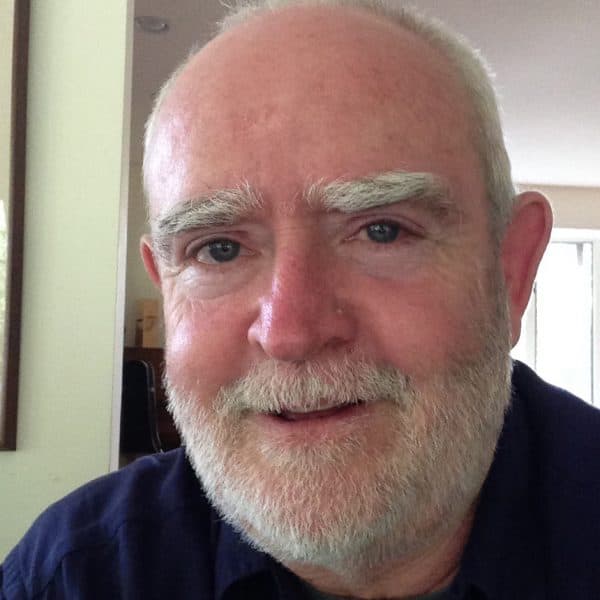Advertisement
Commentary
In Pausing Human Research On Zika, Medical Ethicists Acknowledge A Dark Past

This was the proposal: Deliberately infect a small group of consenting adults with the Zika virus to learn about the disease and speed up the search for a vaccine.
The need is clear. Zika is an emerging global threat to public health. The disease can be devastating, especially for the babies of mothers who catch it while pregnant.
What might go wrong and what might go right with such an experiment? Perhaps no institution can handle those questions better than the National Institutes of Health. So the NIH called for an ethics consultation and asked two essential questions: Can a Zika "human challenge" study be ethically justified? If so, under what conditions?
The panel’s answer, in short, was this: The research could be justified, but conditions must be met. They pushed pause on the Zika study. Their assessment epitomizes both the grand purpose of bioethics and the broad frustration with it.
Appreciation for ethics review is not universally shared among research scientists. In Boston, if you sneeze on either side of the Charles, chances are good you’ll infect a scientist who has a horror story. The panels are sometimes known as institutional review boards — IRBs — or research ethics committees. For researchers, IRBs have a reputation as research adversaries, given to overreach, delays, inconsistency and lack of transparency.
Such is the reputation for obstruction that Harvard psychologist Steven Pinker memorably suggested bioethics should “get out of the way.” Pinker wrote, “A truly ethical bioethics should not bog down research in red tape, moratoria, or threats of prosecution based on nebulous but sweeping principles such as ‘dignity,’ ‘sacredness,’ or ‘social justice.’ "
Dignity, sacredness and social justice are frustratingly vague, indeed, and vary in meaning from person to person. Just as nebulous is trust. Still, it is incumbent on a scientist to consider them. If not the scientist, then who?
They pushed pause on the Zika study. Their assessment epitomizes both the grand purpose of bioethics and the broad frustration with it.
Dr. Anna Durbin, the vaccine scientist at Johns Hopkins University who leads the proposed Zika study, suggested that the ethics panel didn’t grasp the rationale or challenges for such vaccine research.
But having read the report, and seeing the diversity and expertise among its authors, I think the panel understood very well the rationale and challenges. In an interview, the panel’s chair — lawyer, ethicist and pediatrics professor Seema Shah, of the University of Washington and Seattle Children’s Research Institute — cited public trust as a factor.
The report might well slow progress toward a Zika vaccine, but the panel weighed the public health urgency against the risk to human research subjects (and those to whom they might pass the virus), and considered the risk too great.
The panel’s reasoning and findings are compelling. They understood the need for a vaccine, the importance of the research. They provided a path forward. But they also told the researchers: not quite, not yet. In their caution with regard to risk, the panelists indicated an awareness of a history too often either forgotten or considered yesterday’s problem.
Advertisement
That history is known by its settings — from Nuremberg to Willowbrook, Tuskegee to Guatemala — all shorthand for abuses in human subject research. Those cases, some of which continued for decades, are why bioethics came into being.
Having said that, it would be unfair and irresponsible to suggest that this Zika research is somehow akin to Guatemala, Willowbrook or the others; it is not. But I believe some scientists — and many who crave their miracle cures — have inadequate memory of these past abuses and the harm done to public trust. The fallout from these cases exposed the need for a moral conscience to guide scientific discovery. And even, sometimes, to slow it down.
Abuse of human research subjects is not only wrong for the individuals involved, but has enduring consequences for societal trust in medicine, especially among marginalized populations.
Abuse of human research subjects is not only wrong for the individuals involved, but has enduring consequences for societal trust in medicine, especially among marginalized populations. That trust deficit compromises individual doctor-patient relations and creates wariness about participating in research.
"Human challenge" studies like the proposed Zika research give scientists an unparalleled view into the progression of an infectious disease in healthy adults and can be an important step in developing vaccines and other treatments. Sometimes, human challenge studies are the only promising option, as in the case of norovirus.
The catch is that these studies require people be given the disease purely for scientific discovery. The research is not for the person’s own good. It may prove to be a profound act of generosity and altruism toward future patients, but for the research participant, it is all risk and no benefit.
So when voluntary human subjects give informed consent, they should be able to trust that the researchers and their financial backers — government or otherwise — gave as much thought to the experiment’s risks to the participants as they did to the potential benefits to society.
That’s why ethics review of human subject research matters. This NIH panel is an especially good model in both its composition — expertise in law, medicine, medical science, social sciences, vaccine research and advocacy and bioethics — and its transparency. The findings are there for all to see on the NIH website, including the researchers, who now have more to do before receiving the NIH go-ahead for their important work.
“We didn’t want to be overly protective,” said Holly Lynch, a member of the NIH ethics panel and executive director of the Petrie-Flom Center at Harvard Law School. “We didn’t want people saying bioethics is getting into the way again, in a way damaging to the science. We wanted to lay out a road map for researchers.”
The benefits of a safe and effective Zika vaccine are as clear as the risk of not having one, which is where we stand now. But 21st century cures — the actual and the urgently hoped for — still carry the weight of human research subjects abuses of the last century.
